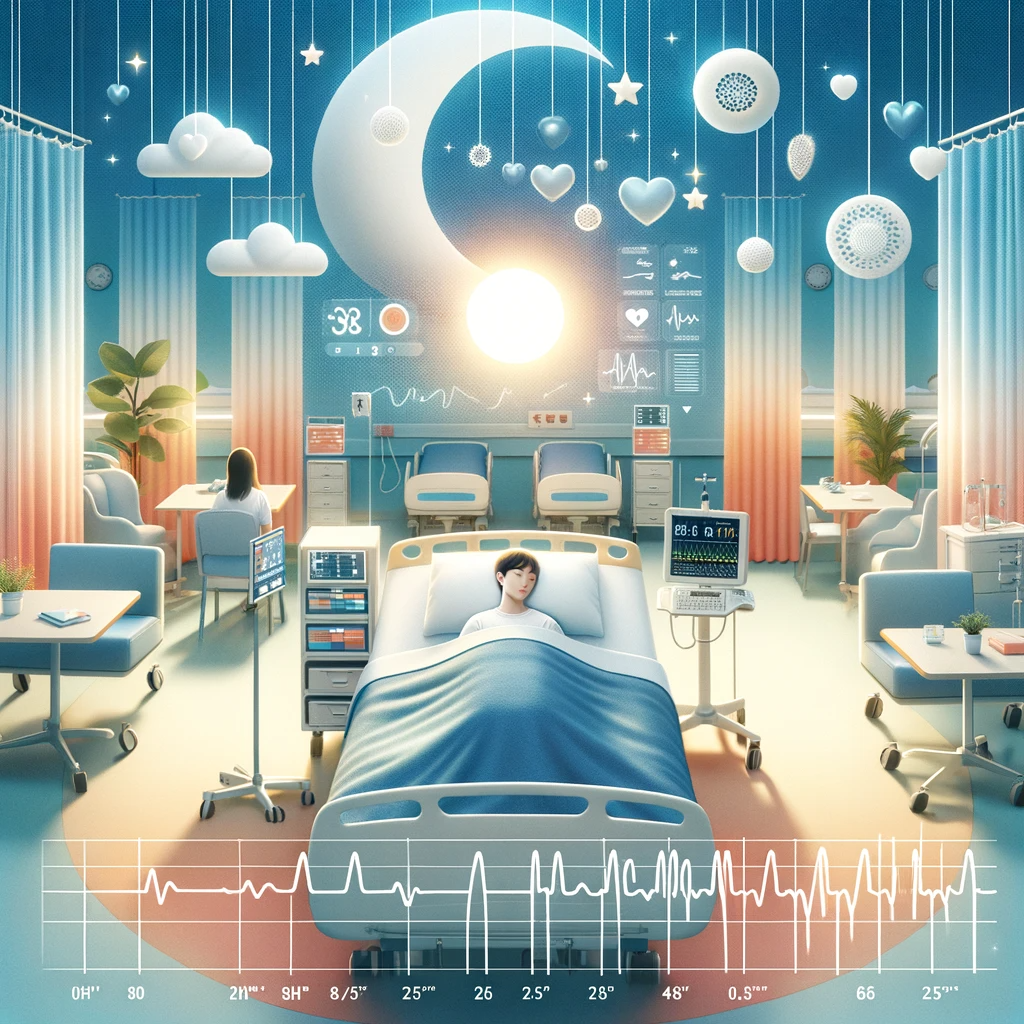
On World Sleep Day, observed on 15th March 2024, the importance of sleep for patient recovery is needs to be highlighted. But within the walls of hospitals, a significant factor often disrupts sleep: the frequent alarms from bedside devices. While these alarms play a pivotal role in patient safety, their persistent nature can unintentionally negatively impact patients’ quality of sleep.
Sleep isn’t just about rest; it’s integral for healing. During sleep, the body undertakes vital restorative functions, like repairing heart and blood vessels. Chronic sleep deprivation has been linked with various health complications, from heart disease to high blood pressure. In a hospital where individuals are seeking to recover, uninterrupted sleep becomes even more essential.
Medical device alarms are indispensable, alerting healthcare workers about potential patient issues. However, their frequent, persistent and often loud activations can disrupt patient sleep, posing a challenge to patient recuperation. Beyond patient well-being, there’s also concern about alarm fatigue among healthcare professionals, which can lead to decreased attentiveness to device alarms, meaning that alarms sound for longer.
The Bedside Equipment Alarm Monitoring System (BEAMS), developed in collaboration with Sheffield Children’s Hospital, designed and built by Tutum Medical, presents a potential solution. BEAMS assists staff in effectively prioritising and responding to bedside alarms, even if they can’t be heard behind closed doors. The system, by clearly identifying device, alarm type and location, aids in reducing alarm-related disturbances, by ensuring that staff can get to alarms quickly and resolve the issue which has generated them. Promoting a more restful environment for patients.
This World Sleep Day, it’s crucial to understand and advocate for the importance of undisturbed rest, especially in healthcare settings. Systems like BEAMS underscore the healthcare industry’s commitment to simultaneously ensuring patient safety and promoting good sleep.
If BEAMS sounds like a solution that could benefit your healthcare setting, consider reaching out to the team at Tutum Medical for further insights.